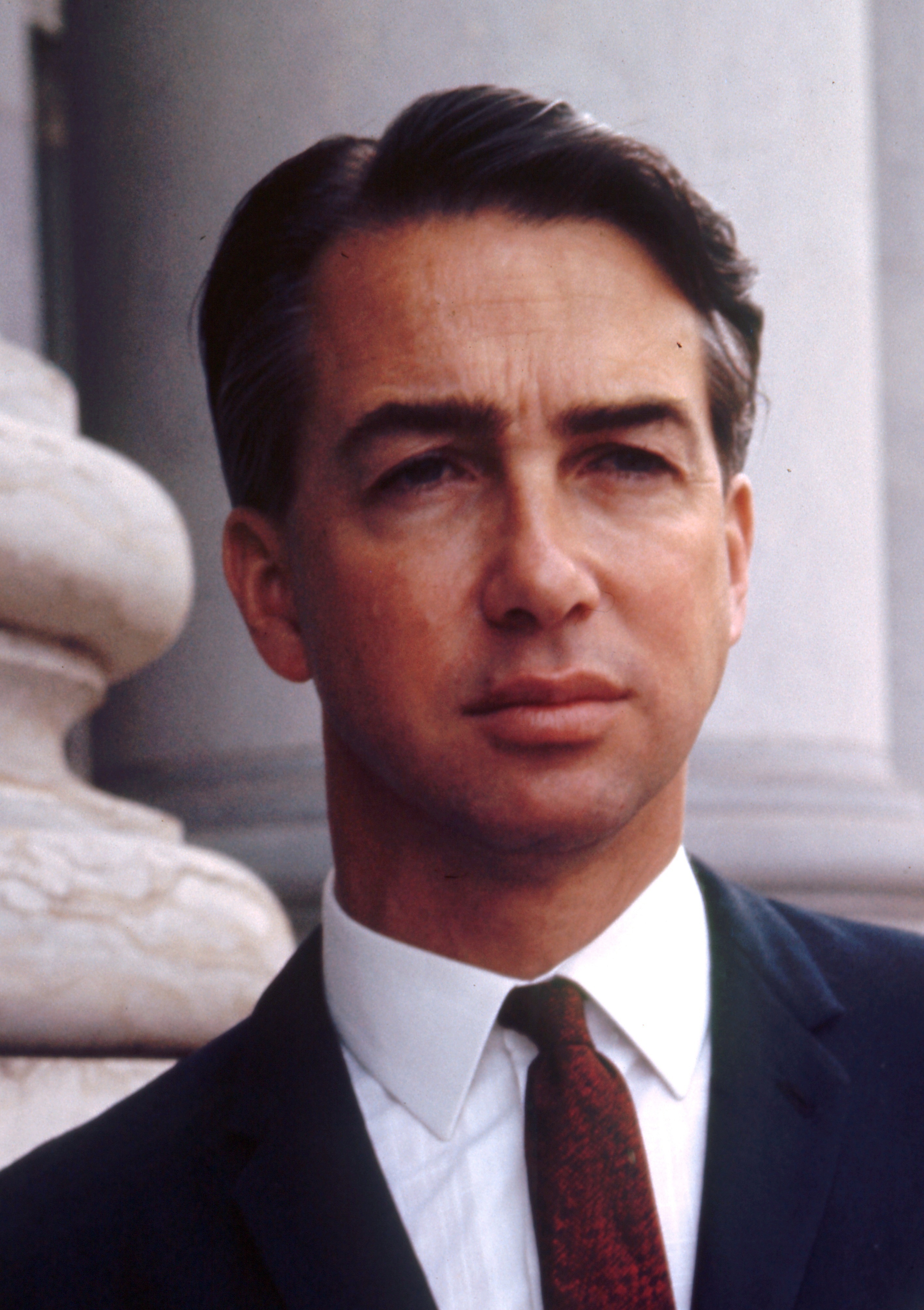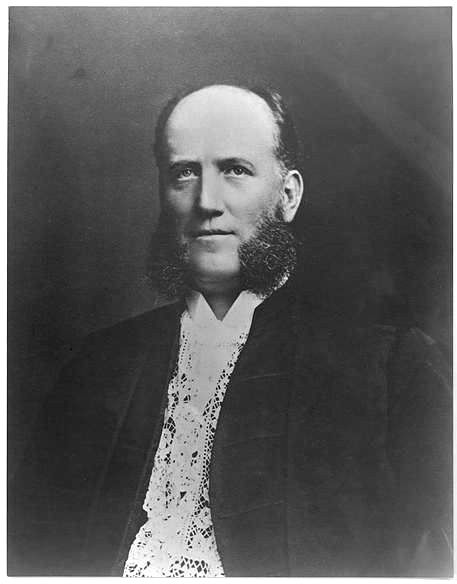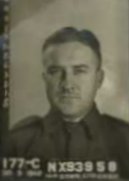|
1973 In Australia
The following lists events that happened during 1973 in Australia. Incumbents *Monarch – Elizabeth II *Governor-General – Sir Paul Hasluck *Prime Minister – Gough Whitlam **Deputy Prime Minister – Lance Barnard **Opposition Leader – Billy Snedden * Chief Justice – Sir Garfield Barwick State and territory leaders *Premier of New South Wales – Sir Robert Askin **Opposition Leader – Pat Hills (until 17 November), then Neville Wran *Premier of Queensland – Joh Bjelke-Petersen **Opposition Leader – Jack Houston *Premier of South Australia – Don Dunstan **Opposition Leader – Bruce Eastick *Premier of Tasmania – Eric Reece **Opposition Leader – Max Bingham *Premier of Victoria – Rupert Hamer **Opposition Leader – Clyde Holding *Premier of Western Australia – John Tonkin **Opposition Leader – Sir Charles Court Governors and administrators *Governor of New South Wales – Sir Roden Cutler *Governor of Queensland – Sir Colin Hannah * ... [...More Info...] [...Related Items...] OR: [Wikipedia] [Google] [Baidu] |
Billy Snedden
Sir Billy Mackie Snedden, (31 December 1926 – 27 June 1987) was an Australian politician who served as the leader of the Liberal Party from 1972 to 1975. He was also a cabinet minister from 1964 to 1972, and Speaker of the House of Representatives from 1976 to 1983. Snedden was born in Perth, Western Australia. He served in the Royal Australian Air Force during World War II, and then studied law at the University of Western Australia. From 1951 to 1952, he was the inaugural federal chairman of the Young Liberal Movement. After a period working overseas for the Department of Immigration, Snedden returned to Australia in 1954 and settled in Melbourne. He was elected to the House of Representatives the following year, aged 28. In 1964, Snedden was elevated to cabinet by Robert Menzies. He served as a government minister until the Liberal government's defeat at the 1972 election, under an additional four prime ministers. Snedden spent periods as Attorney-General (1964–19 ... [...More Info...] [...Related Items...] OR: [Wikipedia] [Google] [Baidu] |
Don Dunstan
Donald Allan Dunstan (21 September 1926 – 6 February 1999) was an Australian politician who served as the 35th premier of South Australia from 1967 to 1968, and again from 1970 to 1979. He was a member of the House of Assembly (MHA) for the division of Norwood from 1953 to 1979, and leader of the South Australian Branch of the Australian Labor Party from 1967 to 1979. Before becoming premier, Dunstan served as the 38th attorney-general of South Australia and the treasurer of South Australia. He is the fourth longest serving premier in South Australian history. In the late 1950s, Dunstan became well known for his campaign against the death penalty being imposed on Max Stuart, who was convicted of rape and murder of a small girl, opposing then-Premier Thomas Playford over the matter. During Labor's time in opposition, Dunstan was prominent in securing some reforms in Aboriginal rights and in Labor abandoning the White Australia policy. Dunstan became Attorney-General ... [...More Info...] [...Related Items...] OR: [Wikipedia] [Google] [Baidu] |
Premier Of South Australia
The premier of South Australia is the head of government in the state of South Australia, Australia. The Government of South Australia follows the Westminster system, with a Parliament of South Australia acting as the legislature. The premier is appointed by the governor of South Australia, and by modern convention holds office by virtue of their ability to command the support of a majority of members of the lower house of Parliament, the South Australian House of Assembly, House of Assembly. Peter Malinauskas is the current premier, having served since 21 March 2022. History The office of premier of South Australia was established upon the commencement of responsible government with the passage of the ''Constitution Act 1856''. The role was based upon that of the prime minister of the United Kingdom, with the premier requiring the support of a majority of the members of the lower house to remain head of government. For the early years of responsible government, the office was ... [...More Info...] [...Related Items...] OR: [Wikipedia] [Google] [Baidu] |
Jack Houston
John William Houston (30 December 1919 – 27 October 2008) was an Australian politician. He was the Labor member for Bulimba in the Legislative Assembly of Queensland from 1957 to 1980. He was the Leader of the Opposition in the Queensland Parliament from 11 October 1966 to 22 July 1974. Early life Born in Scotland in 1919 to James Houston and Florence (née Tilley) he moved to Australia and became electrical fitter and mechanic and later a teacher of electrical trades subjects. Political career He first entered Parliament at the 1957 election that saw Labor swept from office following a split. Party Leadership Following the 1966 election deputy leader Eric Lloyd became the subject of attacks from the extra-parliamentary wing of the Labor party, as well as within the caucus. As a result, party leader Jack Duggan supported Houston in challenging Lloyd which he did successfully by 15 votes to 10. Three months later on 11 October 1966 Duggan abruptly resigned as leader d ... [...More Info...] [...Related Items...] OR: [Wikipedia] [Google] [Baidu] |
Leader Of The Opposition (Queensland)
The leader of the opposition in Queensland is the title of the leader of the largest minority political party or coalition of parties, known as the Parliamentary opposition, Opposition, in the Parliament of Queensland. Prior to 1898, opposition to the government of the day was less organised. Thus the Queensland Parliamentary Record does not designate leaders of the opposition before then. The leader is responsible for managing the Opposition (Queensland), Opposition and has a role in administering the Legislative Assembly of Queensland, Legislative Assembly through the Committee of the Legislative Assembly. List of leaders of the opposition ;Notes 1 On 2 April 2011, Campbell Newman was elected to lead the LNP into the 2012 Queensland state election, but was not recognised as the leader of the opposition as he was not a Member of Parliament during the 53rd Parliament. [...More Info...] [...Related Items...] OR: [Wikipedia] [Google] [Baidu] |
Joh Bjelke-Petersen
Sir Johannes Bjelke-Petersen (13 January 191123 April 2005) was an Australian politician and farmer who served as premier of Queensland between 1968 and 1987, for almost 20 years, as state leader of the National Party (earlier known as the Country Party). Bjelke-Petersen was born in New Zealand's North Island to Danish immigrant parents. His family moved back to Australia when he was a child and settled on farming property near Kingaroy, Queensland. He left school at the age of 14 and went into farming. Bjelke-Petersen was elected to the Kingaroy Shire Council in 1946 and to the Queensland Legislative Assembly at the 1947 state election. He would serve in state parliament for over 40 years, holding the seats of Nanango (1947–1950) and Barambah (1950–1987). Bjelke-Petersen was appointed as a government minister in 1963 and succeeded as premier and Country Party leader in 1968 following the death of Jack Pizzey. He would lead the party to seven consecutive election ... [...More Info...] [...Related Items...] OR: [Wikipedia] [Google] [Baidu] |
Premier Of Queensland
The premier of Queensland is the head of government in the Australian state of Queensland. By convention the premier is the leader of the party with a parliamentary majority in the Legislative Assembly of Queensland. The premier is appointed by the governor of Queensland. The incumbent premiership is Premiership of David Crisafulli, that of David Crisafulli. Constitutional role Under section 43 of the Constitution of Queensland the premier and other members of Cabinet (government), Cabinet are appointed by the governor. They are collectively responsible to Parliament in accordance with responsible government. The text of the Constitution assigns to the premier certain powers, such as the power to assign roles (s 25) to assistant ministers (formerly known as Parliamentary secretary, parliamentary secretaries), and to appoint ministers as acting ministers (s 45) for a period of 14 days. In practice, under the conventions of the Westminster System followed in Queensland, the pr ... [...More Info...] [...Related Items...] OR: [Wikipedia] [Google] [Baidu] |
Neville Wran
Neville Kenneth Wran, (11 October 1926 – 20 April 2014) was an Australian politician who was the Premier of New South Wales from 1976 to 1986. He was the national president of the Australian Labor Party (ALP) from 1980 to 1986 and chairman of both the Lionel Murphy Foundation and the Commonwealth Scientific and Industrial Research Organisation (CSIRO) from 1986 to 1991. Early years Wran was born in the Sydney suburb of Paddington, New South Wales, Paddington, the eighth and last child of Joseph Wran and his wife Lillian ( Langley). He was educated at Nicholson Street Public School, Balmain, New South Wales, Balmain, Fort Street High School, Fort Street Boys High and the University of Sydney, where he was a member of the Sydney University Liberal Club, Liberal Club, and from which he gained a Bachelor of Laws in 1948. He was admitted as a solicitor in 1951, called to the Bar association, Bar in 1957, and became a Queen's Counsel in 1968. His great-grandfather, the eminent Hig ... [...More Info...] [...Related Items...] OR: [Wikipedia] [Google] [Baidu] |
Pat Hills
Patrick Darcy Hills (31 December 1917 – 22 April 1992) was a New South Wales politician. He served in various high offices across the state most notably the Deputy Premier of New South Wales, Leader of the Opposition and as the Lord Mayor of Sydney. Early life Hills was born in the Sydney suburb of Surry Hills. He was educated at Marist Brothers High School, Darlinghurst and was apprenticed as an electrical engineer. He was an alderman on Sydney City Council from 1948 to 1956 and Lord Mayor of Sydney from 1953 to 1956, during which time he was fooled into carrying a fake Olympic torch. Political career Hills was elected to the New South Wales Legislative Assembly The New South Wales Legislative Assembly is the lower of the two houses of the Parliament of New South Wales, an Australian state. The upper house is the New South Wales Legislative Council. Both the Assembly and Council sit at Parliament House ... as the member for Phillip in 1954, representing the ... [...More Info...] [...Related Items...] OR: [Wikipedia] [Google] [Baidu] |
Leader Of The Opposition (New South Wales)
The leader of the opposition is a title held by the leader of the second-largest party in the New South Wales Legislative Assembly, the lower house of the Parliament of New South Wales. There is also a leader of the opposition in the Legislative Council. The leader acts as the public face of the opposition, leading the opposition on the floor of parliament. They act as a chief critic of the government and ultimately attempt to portray the opposition as a feasible alternate government. They are also given certain additional rights under parliamentary standing orders, such as extended time limits for speeches. Leaders of the opposition in New South Wales since 1887 ; Political parties Legislative Assembly Legislative Council Deputy leaders of the opposition Legislative Assembly The deputy leader of the opposition is a position in the New South Wales Parliament held by a second-largest political party or coalition member. The deputy leader of the opposition assist ... [...More Info...] [...Related Items...] OR: [Wikipedia] [Google] [Baidu] |
Robert Askin
Sir Robert William Askin, GCMG (4 April 1907 – 9 September 1981), was an Australian politician and the 32nd premier of New South Wales from 1965 to 1975, the first representing the Liberal Party. He was born in 1907 as Robin William Askin, but always disliked his first name and changed it by deed poll in 1971. Before being knighted in 1972, however, he was generally known as Bob Askin. Born in Sydney in 1907, Askin was educated at Sydney Technical High School. After serving as a bank officer and as a sergeant in the Second World War, Askin joined the Liberal Party and was elected to the seat of Collaroy at the 1950 election. Askin quickly rose through party ranks, eventually becoming deputy leader following Walter Howarth's resignation in July 1954. When long-serving party leader Vernon Treatt announced his resignation in August 1954, Askin put his name forward to replace him. At the vote, he became deadlocked against Pat Morton and Askin asked his former commanding offi ... [...More Info...] [...Related Items...] OR: [Wikipedia] [Google] [Baidu] |








